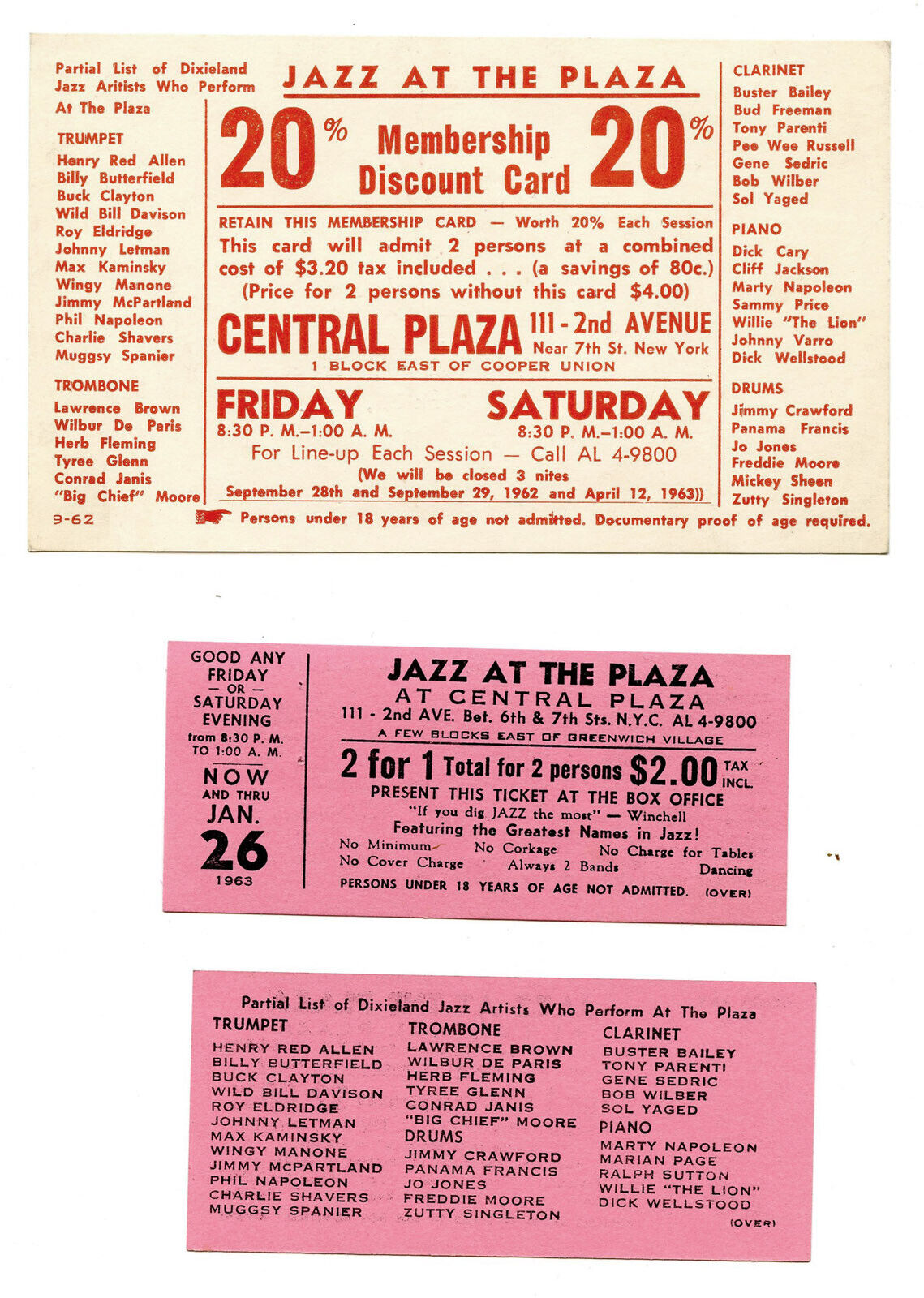The story behind it:
The story of Col. Hayward goes like this (source: Parlor Songs website):
"Hayward was instrumental in organizing the first "colored" National Guard regiment (the New York 15th) in New York. Hayward was appointed to organize the unit in 1916 and recruiting began in June of that year. By April of 1917 the group reached "peace strength" and was recognized by the Federal government. Following that it was brought up to war strength. When they entered the war in 1918, the 15th became the US 369th. Led by Hayward, the 369th became known as the "Hell Fighters" and were awarded the Croix De Guerre for their bravery in September of 1918. Col. Hayward personally led his men into battle at Beallau wood and when a French officer called for a retreat, Hayward said; "My men never retire. They go forward, or they die!" Hayward was wounded and was cited for his personal bravery. The entire regiment was cited numerous times and many individuals earned medals for their bravery."
The lyrics:
1. Tommy Atkins is a warrior bold
Merrie England loves him more than gold
And to France the hero of today
is fighting in the trenches, miles away
Now Billy Boy, has gane across the sea
to help them in their fight for Liberty.
CHORUS [sung twice after each verse]
Billy Boy, Billy Boy
you’re a soldier of renown
Billy Boy, Billy Boy
in a uniform of brown
What a grand old sight
As you battle for the right
Billy Boy, Billy Boy
with a heart so fond and true
for the Red, White and Blue,
you are loyal thro’ and thro’
you put the “Brave” in Bravery
you are my pride and joy
Now let the bugle blow,
come on come on let’s go
“Atta” boy my Billy Boy.
Billy Boy.
2. There is Russia with a mighty host,
Of her sturdy cossacks she can boast
And for valor no one can forget
those fearless Belgian lads who’re
fighting yet Now Billy Boy, its put right up to you
to help them win so show what you can do.
Newspaper clipping:
The Baltimore Afro-American, August 25, 1917:





















